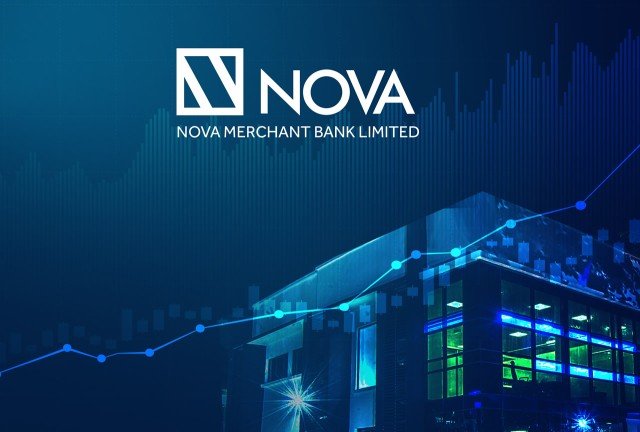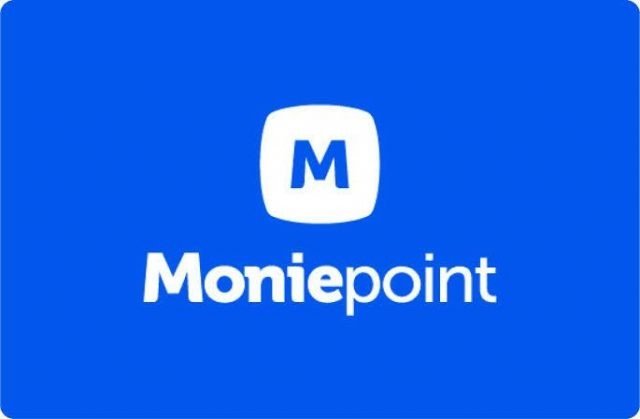OPay, the fintech behemoth, has launched a strict move to improve its Know Your Customer (KYC) policies, blocking all accounts that are not linked to the account owners’ National Identification Number (NIN).
This deadline, set for March 1, 2024, was announced by OPay’s Director of Partnerships, Ikponmwosa Odiase, during a conversation with the media in Lagos.
This measure, under Central Bank of Nigeria (CBN) regulations, is expected to improve the country’s financial system and reduce fraudulent activity.
Stay tuned as I unroll more of this change in this post, revealing important insights into OPay’s proactive actions, the impact on financial accessibility, and its joint efforts in strengthening Nigeria’s banking system.
NIN Linking Deadline by OPay
OPay has taken a proactive stance in aligning with the CBN’s directives to fortify KYC practices in the financial sector.
As part of this initiative, all tier 1 account owners have already been prohibited from conducting transactions on the OPay mobile app until their accounts are updated with the NIN.
The mandatory linking of NIN is now extended to all account opening procedures, both for existing and new customers.
Impact on Financial Inclusion
Odiase emphasized that the implementation of this new KYC system may have repercussions on the ongoing efforts to deepen financial inclusion in Nigeria.
The tier-one accounts, initially exempt from the NIN requirement, were designed with the assumption that individuals in rural areas might not have access to such identification documents.
However, with the evolving system, OPay recognizes the changing scenario, acknowledging that many people now possess NIN and Bank Verification Number (BVN).
The potential drawback, according to Odiase, lies in the fact that while having a BVN indicates financial inclusion, possessing an NIN might not necessarily guarantee the same.
To further combat fraud, Odiase highlighted the collaboration between fintech companies, banks, the CBN, and other stakeholders in developing and implementing robust KYC practices.
He noted the prevalence of fraud in the financial industry and stressed the importance of ensuring a correlation between the individual’s face and the picture on their NIN.
CBN’s Directive
The CBN, in a circular issued in December of the previous year, outlined specific measures regarding accounts without a Bank Verification Number (BVN) and NIN.
According to the circular, effective April 2024, all bank accounts without BVN or NIN will be placed on “Post no Debit.”
Additionally, unfunded individual Tier 1 accounts without BVN or NIN will face immediate restrictions on debit and credit transactions.
By March 1, 2024, all funded accounts or wallets without BVN or NIN verification will be placed on “Post No Debit or Credit,” prohibiting any further transactions.
Frequently Asked Questions
-
Q: Why is OPay implementing a National Identification Number (NIN) linking deadline?
A: OPay is implementing the NIN linking deadline in compliance with directives from the Central Bank of Nigeria (CBN) to strengthen Know Your Customer (KYC) practices in the financial system. This move aims to enhance security, reduce fraud, and align with regulatory requirements.
-
Q: What happens if I don’t link my NIN to my OPay account before the deadline?
A: If you fail to link your NIN to your OPay account before the March 1 deadline, OPay will block your account, preventing you from conducting any transactions. This is part of OPay’s effort to enforce compliance with regulatory measures.
-
Q: Is the NIN linking requirement applicable to both existing and new OPay users?
A: Yes, OPay has made the NIN linking requirement mandatory for both existing and new users. All tier 1 account owners have already been barred from transactions until they update their accounts with their NIN.
4. Q: How does OPay plan to verify the authenticity of NIN linked to accounts?
A: OPay aims to ensure a correlation between the user’s face and the picture on their NIN to verify authenticity. This is part of the new KYC system implemented to address fraud in the financial industry.
5. Q: Will this NIN linking requirement affect financial inclusion goals in Nigeria?
A: Yes, according to OPay’s Director of Partnerships, the requirement might temporarily impact financial inclusion as individuals who fail to link their NINs may lose access to their wallets. The initial exemption for tier-one accounts was designed to support financial inclusion in rural areas.
6. Q: What is the Central Bank of Nigeria’s role in this NIN linking directive?
A: The CBN issued a circular in December, specifying that all bank accounts without BVN or NIN would face restrictions, and funded accounts without proper verification would be placed on “Post No Debit or Credit” starting March 1, 2024. OPay is adhering to these guidelines.
7. Q: How does OPay plan to assist customers in the NIN linking process?
A: OPay aims to streamline the process by pulling information from the NIN into the user’s wallet during account creation. This is intended to save users from manually entering their details. The company encourages compliance to avoid disruptions.
8. Q: Can I unlink my NIN from my OPay account once it’s linked?
A: OPay has not provided specific information on unlinking NIN from accounts. However, considering the regulatory context and the emphasis on strengthening KYC practices, it’s advisable to comply with the NIN linking requirement.
9. Q: How are other fintech companies in Nigeria responding to the NIN linking directive?
A: While details may vary, many fintech companies are likely to align with the CBN’s directives to strengthen KYC practices. Collaboration between industry stakeholders, including fintechs, banks, and regulators, is evident in addressing fraud and enhancing security.
10. Q: Will the NIN linking requirement impact international users of OPay?
A: The impact on international users depends on the specific requirements and regulations in their home countries. If they have an OPay account linked to a Nigerian bank, compliance with the NIN linking directive may still be necessary to avoid disruptions.
NIN Linking Deadline By OPay
As the March 1 deadline looms, individuals using OPay’s services must ensure compliance with the NIN linking requirement to avoid the blocking of their accounts.
This move, though crucial for bolstering KYC practices and combating fraud, may pose challenges to financial inclusion goals in the short term.
The collaboration between financial institutions, regulators, and fintech companies demonstrates a collective commitment to building a more secure and inclusive financial ecosystem in Nigeria.
As the deadline approaches, individuals and businesses must prioritize updating their accounts to avoid potential inconveniences and disruptions in financial transactions.






